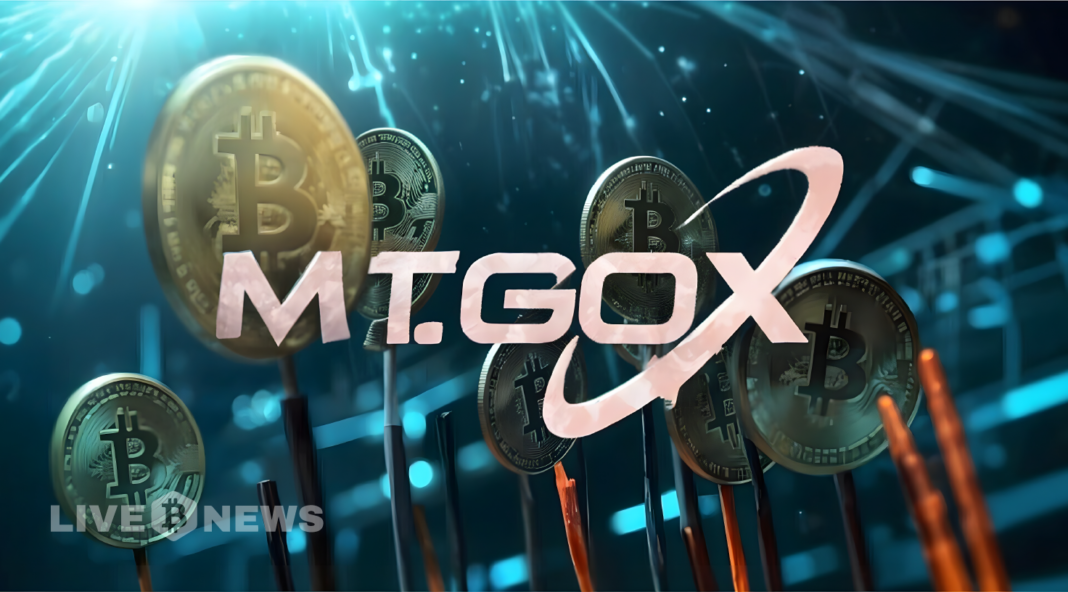Bitstamp, one of the five exchanges chosen by Mt. Gox’s bankruptcy estate to effect reimbursements to its creditors, began the process on Thursday. The repayments kicked off three days after Mt. Gox wallets conducted test transactions with and subsequently sent funds to Bitstamp.
Bitstamp is sending bitcoin (BTC), Bitcoin Cash (BCH), and Ether (ETH) to creditors who were assigned to the exchange for reimbursements. Most creditors are expected to have their assets within a week after the exchange sets up adequate security protocols to ensure safe transfers to creditors.
The other virtual asset service providers (VASPs) Mt. Gox is partnering with to process the refunds are Kraken, Bitbank, BitGo, and SBI VC Trade. Kraken has already done its part in routing funds back to creditors on July 24. The others are yet to begin.
When the Mt. Gox’s trustee announced the repayment plan, the defunct exchange had $9.6 billion to work with. About 127,000 creditors were eligible for claims. Now, it holds $6 billion, which it has to redistribute. That amounts to 90,000 BTC, alongside considerable amounts of BCH.
This has been a long time coming. Creditors have waited over a decade to see their funds locked due to Mt. Gox’s bankruptcy filing, triggered by serial hacking incidents that lasted two years. So, those receiving their funds must be delighted, considering the price increases of BTC from ten years ago.
As Bitstamp-allocated creditors receive their funds soon, expectedly, those in the UK may have to wait sometime. That period can add up to a few months. The exchange will inform UK creditors in due time.
While these repayments should add tremendous selling pressure on the asset, BTC prices did not move as much as expected after the Kraken-directed reimbursements. Similarly, analysts now expect it to not drop by a lot with Bitstamp-directed reimbursements. Creditors have not dumped their repayments as once predicted.



